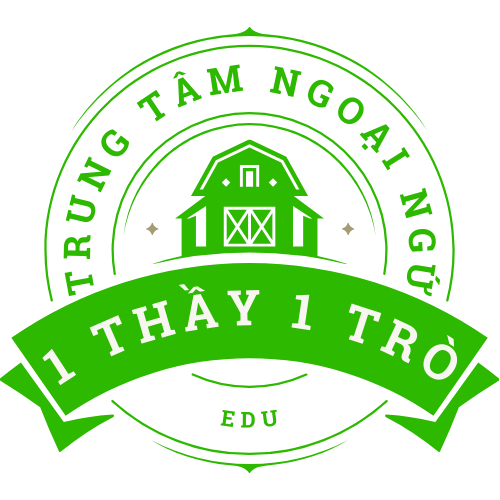Mary Wollstonecraft: Pioneer of Feminism and Women’s Rights
Mary Wollstonecraft (1759–1797) stands as one of the most influential figures in the history of feminism and the fight for gender equality. Known for her groundbreaking work, A Vindication of the Rights of Woman (1792), Wollstonecraft challenged the prevailing societal norms and advocated for women’s access to education, equality in marriage, and the right to independence. Her legacy continues to inspire movements for women’s rights and equality worldwide.
Early Life and Influences
Born in London, Wollstonecraft grew up in a family marked by financial instability and domestic abuse. Despite limited formal education, she displayed an early passion for self-learning. Influenced by Enlightenment thinkers such as John Locke and Jean-Jacques Rousseau, she embraced ideas of liberty, reason, and individual rights. However, Wollstonecraft criticized Rousseau’s views on women, arguing for their equal intellectual potential.
The Philosophy Behind Feminism
In A Vindication of the Rights of Woman, Wollstonecraft argued that women are not naturally inferior to men but appear so due to a lack of education. She stressed that educating women would benefit society as a whole by creating better mothers, workers, and citizens. Her ideas extended beyond education to include economic independence and political representation for women, making her a pioneer of modern feminist thought.
Key Contributions
- Education Advocacy
- Wollstonecraft asserted that education should be a right for both genders. Her vision was to dismantle the patriarchal system that confined women to domestic roles and denied them intellectual growth.
- Marriage and Family
- She criticized the institution of marriage as it existed in her time, viewing it as a tool of oppression. Wollstonecraft envisioned partnerships based on mutual respect and equality, a radical notion for her era.
- Influence on Later Feminism
- Though her work faced criticism during her lifetime, Wollstonecraft’s writings laid the groundwork for later feminist movements. Figures such as John Stuart Mill and Elizabeth Cady Stanton drew inspiration from her ideas.
Legacy
Mary Wollstonecraft’s contributions resonate in modern discussions about gender equality. She paved the way for suffragists, activists, and thinkers who continue to champion women’s rights. Today, her work is celebrated as a cornerstone of feminist literature and philosophy.
Conclusion
Mary Wollstonecraft’s advocacy for women’s education, independence, and equality made her a trailblazer in the feminist movement. Her ideas remain relevant as society strives for gender equity across political, economic, and social spheres. To explore more about her revolutionary contributions, visit Mary Wollstonecraft: Pioneer of Feminism and Women’s Rights.
